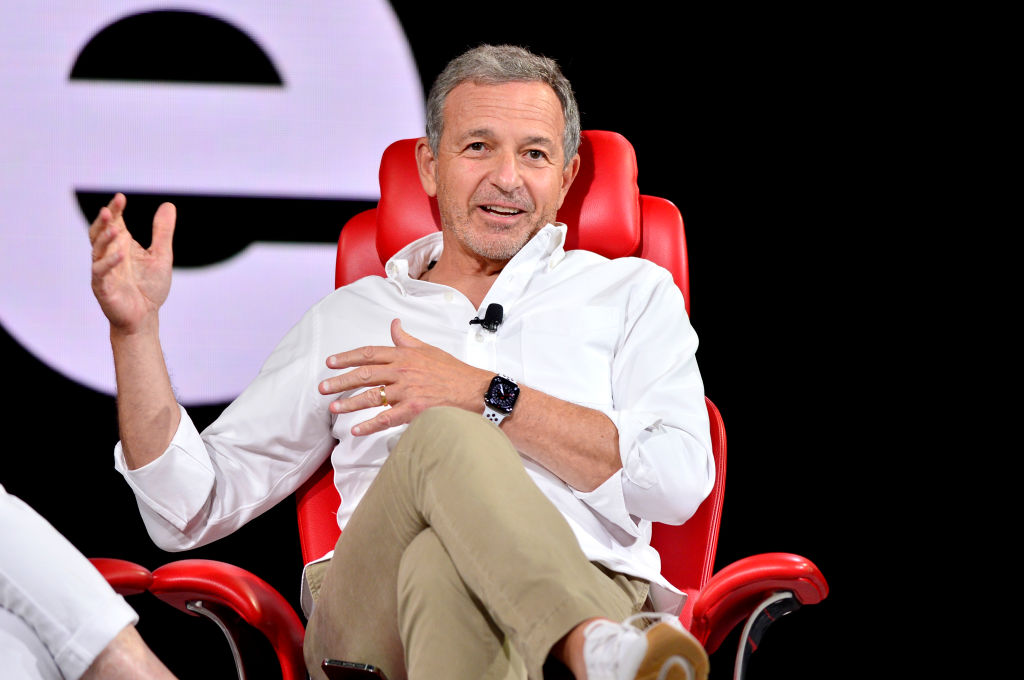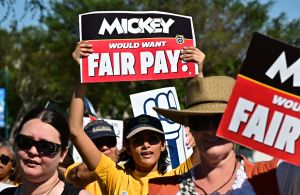The number of CEOs leaving US companies surged in November, according to a new report. There were almost 100 exits for the month, roughly twenty more than were reported in October. The report, from global outplacement firm Challenger, Gray, & Christmas, Inc., shows that these exits were not replacements or instances of “stepping down” to pursue other opportunities, either. For thirty-seven of the executives, retirement was the primary reason for leaving, the most retirements in a single month since January 2020.
The larger trend of CEO exits may have some staying power, too. Andrew Challenger, the firm’s senior vice president, predicts, “We may begin to see large numbers of CEO changes as we enter 2023 amid an economic downturn. Companies are shoring up succession plans to enter the storm.”
In the post-Covid workplace, nothing is particularly straightforward, and fittingly, the “boomer blockade” has many layers. Age and tenure play a part in a couple of ways, according to Colleen Madden Blumenfeld, a Challenger, Gray & Christmas, Inc. spokesperson.
For one, CEOs are leaving their posts “younger and after a shorter amount of time than in previous years.” The average age of a departing CEO is just over fifty-six, compared to sixty-two in 2021. And then there is tenure, which is becoming shorter in time, however slightly. So far this year, the average CEO of a US company serves just under ten years, compared to just over ten in 2019.
Paul Millerd uses the term “boomer blockade” to explore how boomers have changed the office. He describes the blockade as having three parts. First, boomers enjoyed career trajectories that went up, up and up, thanks to high growth and a legacy of leadership with fewer people at the top. Once at the top, they have stayed longer, as Americans continue to work longer. And third, the myth that the boomer career trajectory can be replicated by younger workers creates a sort of low-grade culture fever. In a way, the office is undergoing a bit of a storytelling crisis.
Last August marked two and a half years since Millerd declared a boomer blockade. This August, he pointed out that in the past two years, the 55+ workforce shrank by about 3 million people. He also indicated a 2021 report by Crist Kolder, which looks at the turnover of C-suite executives in a sampling of America’s leading companies. They note that since 2020, the average age of incoming CEOs has dropped each year.
So, what exactly holds the boomer blockade together? These days, companies have taken to abolishing a mandatory retirement age. The companies doing away with it describe the decision as a vote for keeping in place what works. For instance, Target nixed their former retirement age of sixty-five to keep Brian Cornell for another three years. He’ll turn sixty-six in office.
And then there is Bob Iger, Disney’s boomerang boomer CEO, now back at the helm at seventy-one years old. The company has said they are searching for a successor, this time in earnest.
Perhaps the fall of the boomer blockade will be more a slow-motion crumble than an outright collapse. “Until the boomer generation retires, Gen X and millennials will have a difficult time advancing, but companies are much more likely to keep their successful talent intact,” Madden Blumenfeld said.
Could the iron-clad wall surrounding the C-suite, put up years ago by the boomer generation, be crumbling at last? Time will tell.





















